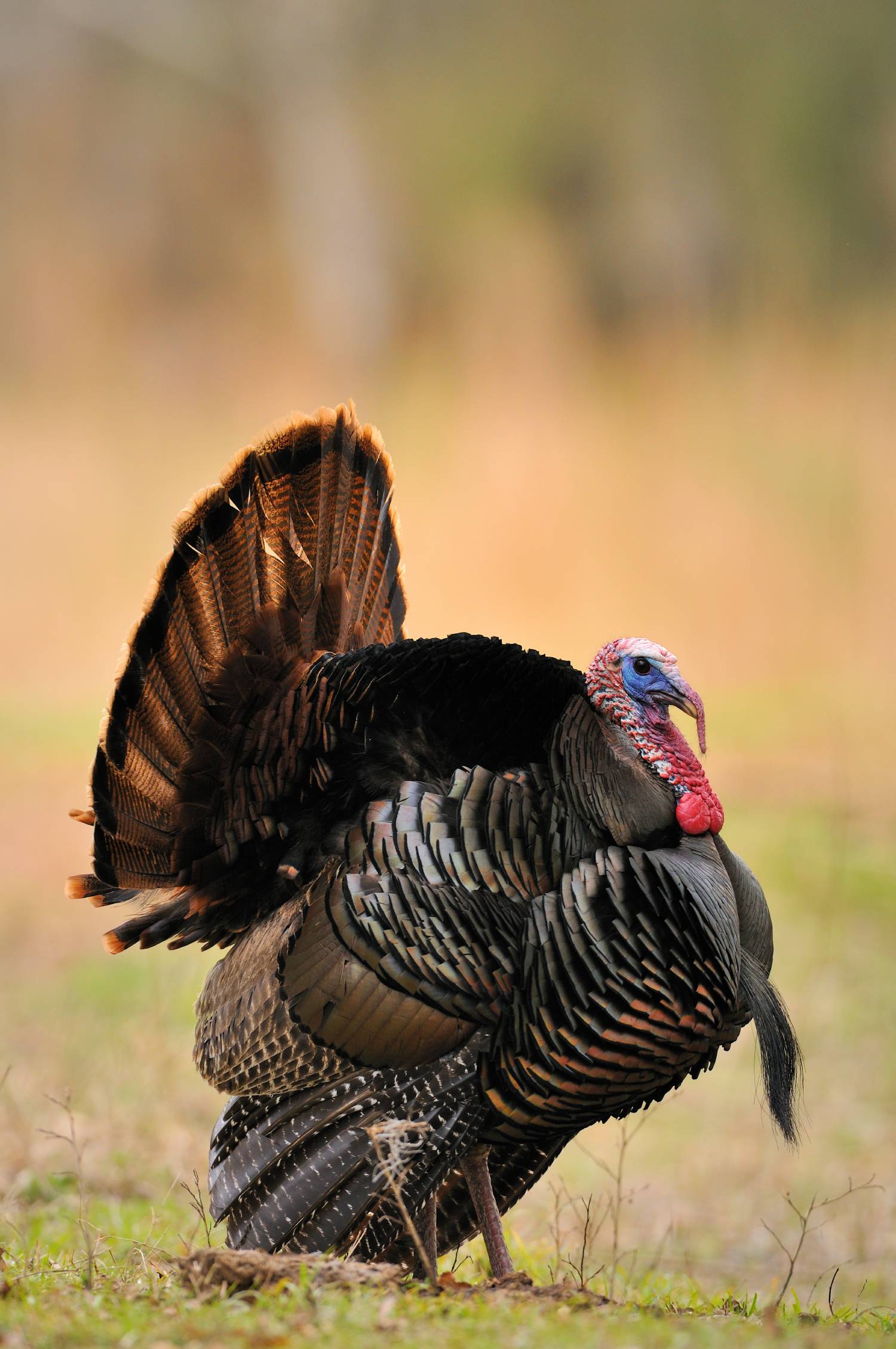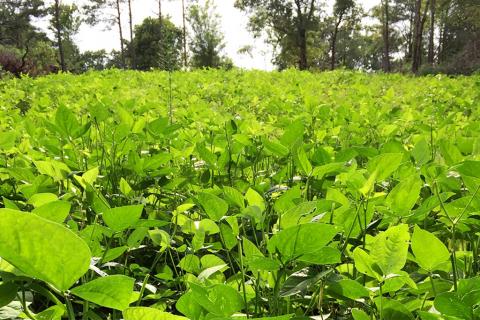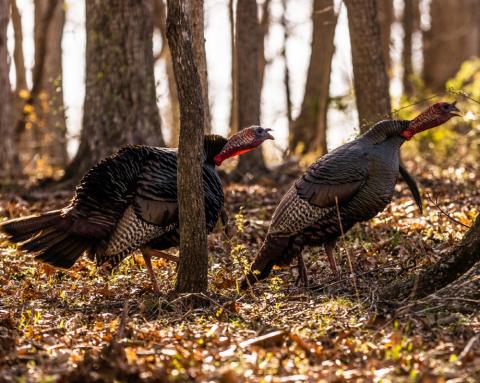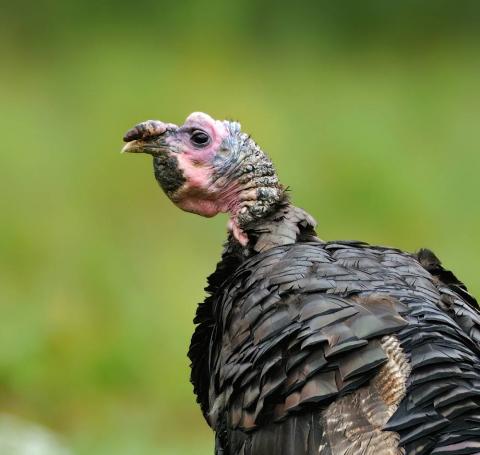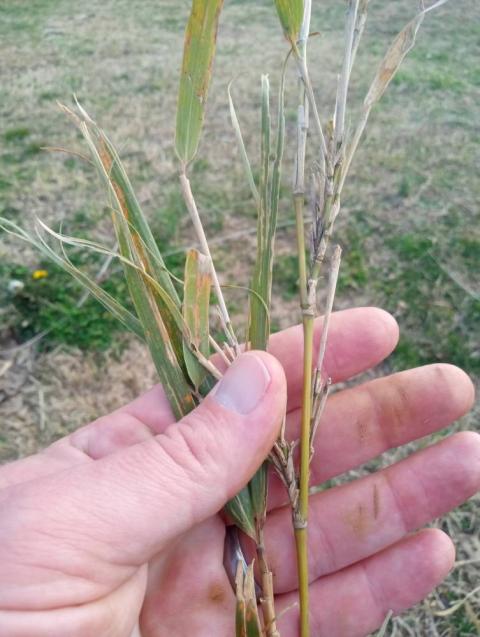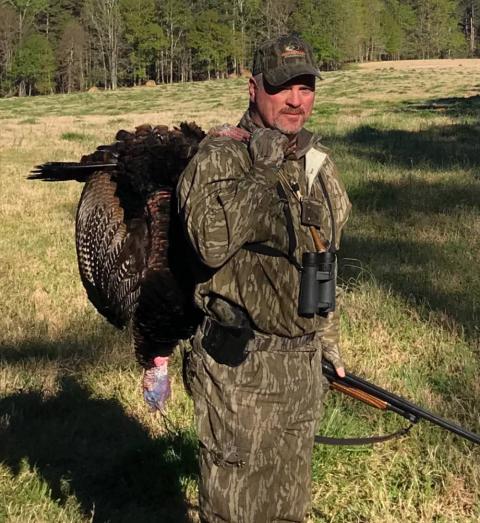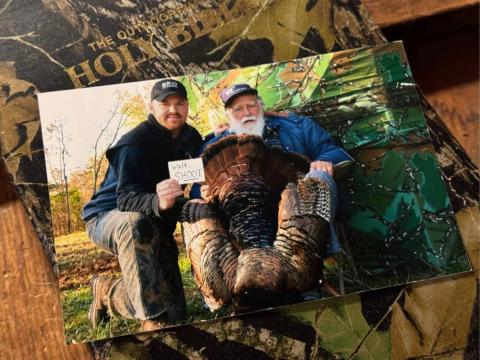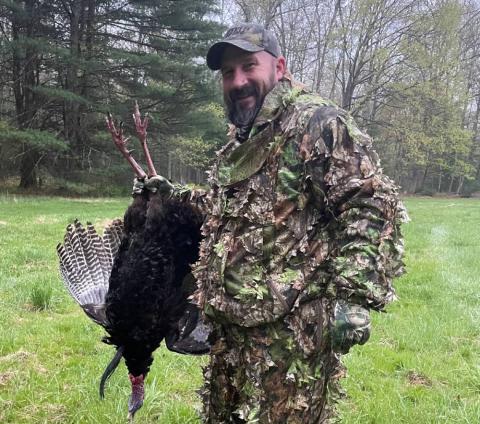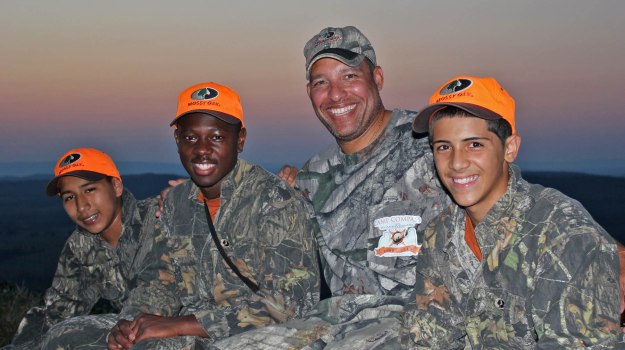
with John Annoni and the Camp Compass Academy
Editor’s Note: John Annoni of Allentown, Pennsylvania, is an avid outdoorsman and a fulltime school teacher, as well as the founder of Camp Compass Academy. He is also the founder of the orange ribbon campaign called America’s Outdoor Heritage –Two Million Bullets.
Once a youngster in the sixth grade has completed his/her hunter-safety course, has been on some outdoor adventures and then moves into the seventh grade, we continue to teach them outdoor skills. We continue to hold them accountable for their academic education, as well as their social and service education, with the reward being outdoor adventures and the ability to learn more outdoor skills. For instance, if we are taking about ethics for hunter safety, the overriding goal is for the youngsters to learn and understand what ethical behavior really means, not only in the outdoors, but in life. We teach our youngest kids how to shoot .22 rifles and 5-stand clay targets with shotguns. We teach the children the word trajectory to help them understand how a bullet travels through the air. We incorporate other outdoor vocabulary words that expand their vocabulary skills and also teach principles of math.
Something we’ve noticed that’s often overlooked by traditional education is manners. So, we’ll take our six graders to a Safari Club International banquet. Before they attend, we teach them table manners, a needed life skill that’s often not covered in traditional school work. What Camp Compass Academy does is try to supplement the education that young people receive from traditional schooling, by teaching them life skills with a backdrop of all that’s outdoors. We also have a shooting simulator at Camp Compass Academy and a rifle stock with a riflescope mounted on the stock. Every day when each youngster comes to the academy, he or she shoulders that rifle stock, looks through the riflescope and adjusts the scope to read a positive motivation quote that’s placed a good distance away from where the youngster is standing. The positive quote is hung outside on the Camp Compass Academy bus. Therefore our students are learning how to shoulder a rifle and how to adjust a scope to enable them to read a motivational quote that is farther away than they can see with their naked eyes. This is just one of the ways we integrate education and motivation through the use of outdoor skills. After they’ve read the quote, we ask them to memorize it, write the quote down where they are sitting and then talk with their mentors about what the quote means and how they can apply those principles.
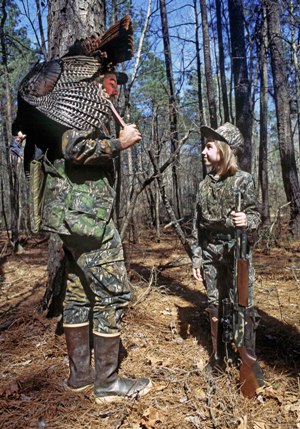 We feel that there’s a lot of value to the one-room school-teaching curriculum used by the early pioneers. In small rural communities, all the children were on different grade levels, and they were taught by one teacher. The younger children, while they were doing their work at their desks, also were hearing what the teacher was teaching to the older children in the same room. At Camp Compass Academy, all our children are on different grade levels meeting together in the same room and being taught similar but different lessons. We believe that repetition is one of the best ways of teaching outdoor skills, ethical behavior, academic lessons and social and moral truths. So, if our students get much the same lessons in sixth, seventh and eighth grades, then that repetitiveness helps to reinforce the values and the lessons we are teaching.
We feel that there’s a lot of value to the one-room school-teaching curriculum used by the early pioneers. In small rural communities, all the children were on different grade levels, and they were taught by one teacher. The younger children, while they were doing their work at their desks, also were hearing what the teacher was teaching to the older children in the same room. At Camp Compass Academy, all our children are on different grade levels meeting together in the same room and being taught similar but different lessons. We believe that repetition is one of the best ways of teaching outdoor skills, ethical behavior, academic lessons and social and moral truths. So, if our students get much the same lessons in sixth, seventh and eighth grades, then that repetitiveness helps to reinforce the values and the lessons we are teaching.
For instance, our six graders may be taught to use box calls to call turkeys – cutting, yelping, clucking and purring. In the seventh grade, we will explain, “Ok, last year, you learned how to make all the sounds of a wild turkey hen with a box call. This year we are going to learn how to make those same sounds with a slate call, a tube call and a diaphragm call.” Even though the child is relearning how to call a wild turkey, he/she is learning how to call that wild turkey using different types of calls. The first year they practice all their calls with a box call. The second year they learn to make all the calls of the wild turkey hen with a variety of calls, but they are still learning how to call wild turkeys. They have heard students older than them learning to use a variety of calls. What we try and do at Camp Compass Academy is expand on what the students have learned in the sixth grade, when they move up to the seventh grade. When they get to the eighth grade, which we call the application stage, this is when the youngster who has been through our program for 2 years actually begins to hunt. They can earn deer hunts, turkey hunts, duck hunts and bird hunts.
Once our students complete the third year and take deer, those deer are mounted for them, and they are ready to graduate from our program. And, our tenth graders, when they come back from their hunts are telling our six graders how much fun they’ve had on each hunt, and why those six graders, who are just starting out, should complete the Camp Compass Programs.
For more info about Camp Compass Academy, go to www.campcompass.org.
Day 1: Who Are At Risk Children and Why Camp Compass Academy Provides Programs for 4 Years for Them
Tomorrow: Camp Compass Academy Doesn’t End At the Eighth Grade with John Annoni
















